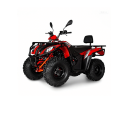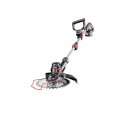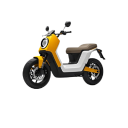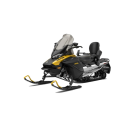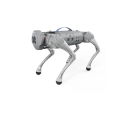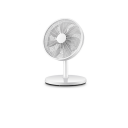-
17
-
2025-10-31 15:30:41
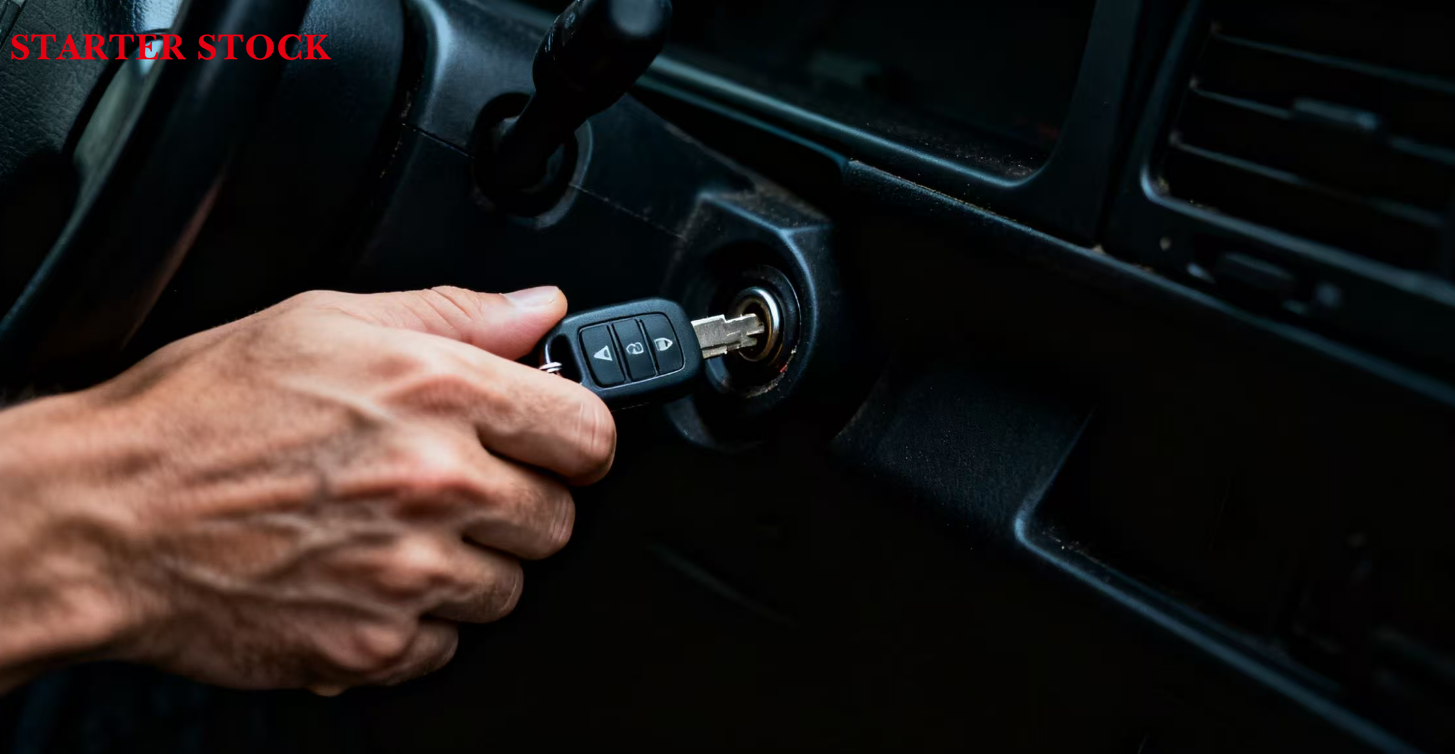 You turn the key. You wait. You get a click. Or a whirr. Or—sometimes—the complete silence of a machine that has quietly given up on life. That little electric muscle that gets your engine spinning? That’s the starter motor. When it dies, you get to learn its price in cold, hard dollars — and maybe in groans and a tow-truck call.
You turn the key. You wait. You get a click. Or a whirr. Or—sometimes—the complete silence of a machine that has quietly given up on life. That little electric muscle that gets your engine spinning? That’s the starter motor. When it dies, you get to learn its price in cold, hard dollars — and maybe in groans and a tow-truck call.
Below: a real, human guide. No corporate fluff. No robots pretending to care. Just what a starter actually costs, why prices swing so wildly, how to save cash, whether to DIY, and a few math examples so you can call the shop and sound like you know what you’re talking about.
The short, honest answer
● Parts alone: expect $50–$500 (used → new OEM).
● Labor: typically $100–$450, depending on how buried the starter is.
● All-in (shop installed): most jobs land between $200 and $900.
● Extreme cases (luxury, diesel, awful access): up to $1,200+.
Big range, I know. Cars are not standardized, humans are, and shops are cute little businesses with different hourly rates. Read on.
Why prices vary so much (the short version)
1. The car. Economy cars have simple starters. Big diesels, European cars, and trucks use heavier, pricier units.
2. Where it lives. Some starters are right on top of the engine; others are hidden under intake manifolds or behind crossmembers. More disassembly = more labor.
3. New vs reman vs used. New OEM parts cost more. Rebuilt (reman) parts are usually the best value. Used is cheapest, but riskier.
4. Core charges & warranty. Many reman parts include a core charge — you pay extra up front and get it back when you return the old starter. Warranties vary.
5. Shop rates. Dealers charge more than independents; city shops usually charge more than rural ones.
So price = part cost + labor + possible surprises.
What a starter costs (realistic buckets)
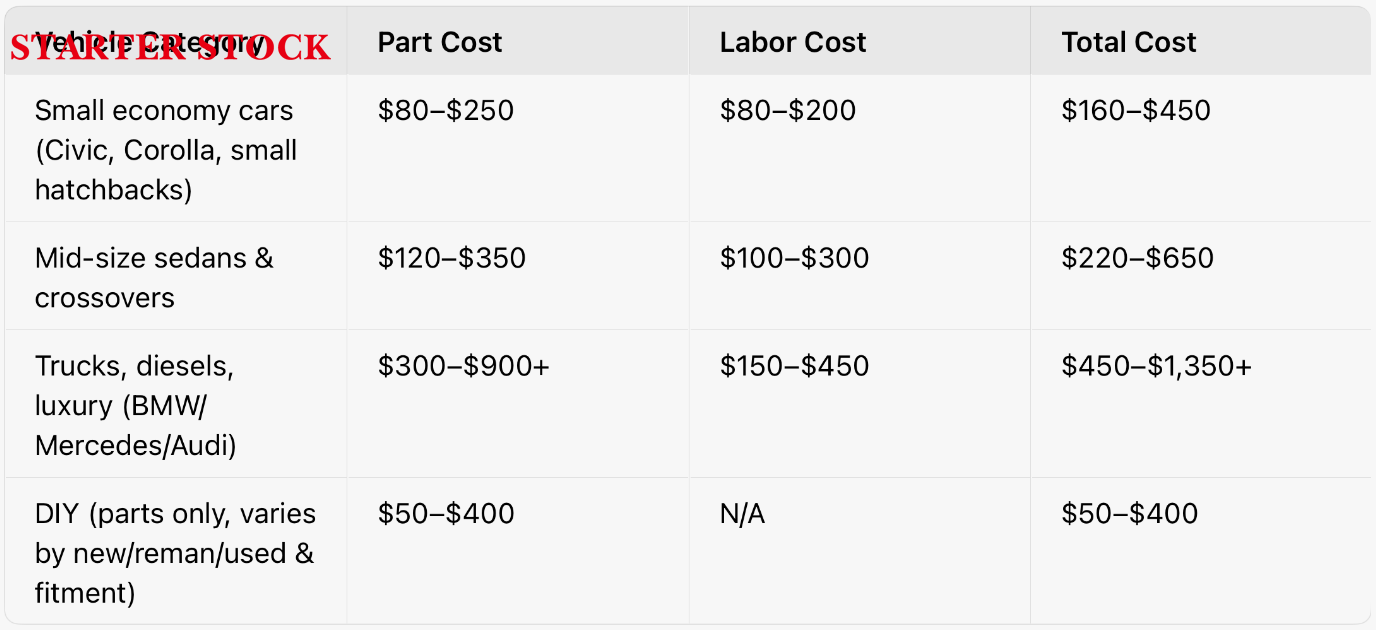
These are practical bands. Use them when you call a shop.
● Small economy cars (Civic, Corolla, small hatchbacks):
○ Part: $80–$250
○ Labor: $80–$200
○ Total: $160–$450
● Mid-size sedans & crossovers:
○ Part: $120–$350
○ Labor: $100–$300
○ Total: $220–$650
● Trucks, diesels, luxury (BMW/Mercedes/Audi):
○ Part: $300–$900+
○ Labor: $150–$450
○ Total: $450–$1,350+
● DIY (parts only): $50–$400 depending on new/reman/used and fitment.
Numbers are practical, not mystical.
A few concrete examples (math, but friendly)

People like numbers. I’ll show the steps because math is honest.
Example 1 — mid-size sedan (common case)
● Part (reman): $150
● Shop labor rate: $120 per hour
● Estimated time: 1.5 hours
Compute labor: 120 × 1.5 = 120 + 60 = 180.
Total: part 150 + labor 180 = 330.
Final bill: $330.
Example 2 — small economy car, easy access
● Part (aftermarket new): $100
● Shop rate: $100/hour
● Time: 1.0 hour
Compute labor: 100 × 1.0 = 100.
Total: 100 + 100 = 200.
Final bill: $200.
Example 3 — luxury sedan, dealer job
● Part (OEM): $600
● Shop rate: $200/hour
● Time: 2.0 hours
Compute labor: 200 × 2.0 = 400.
Total: 600 + 400 = 1000.
Final bill: $1,000.
Use these when calling places. If a quoted number is way higher, ask for an itemized reason.
Common symptoms (so you don’t pay for the wrong thing)
Before you hand over cash, check for these signs. Many “starter” failures are actually batteries, cables, or relays.
● Single loud click when turning key → solenoid engages but motor won’t spin. Starter possible.
● Rapid clicking → usually low battery voltage or loose connection.
● Slow crank → battery or charging system, not necessarily the starter.
● Intermittent starting → worn brushes or flaky connections.
● Grinding noise → starter gear not meshing with flywheel; possible teeth damage.
● No sound at all → could be ignition switch, relay, fuse, or dead battery.
Quick tests: measure battery voltage (~12.6V at rest), clean battery terminals, check fuses. Save yourself money.
New vs remanufactured vs used — pick your lane
● New OEM: exact fit, long warranty, highest cost. Use if you plan to keep the car or want zero surprises.
● Aftermarket new: cheaper, quality varies. Stick to known brands.
● Remanufactured (rebuilt): starter is taken apart, worn parts replaced, tested. Best value for most folks. Usually comes with 6–12 month warranty.
● Used: cheapest. Could be fine. Could die in two months. Use only if price is a hard constraint and you accept the risk.
Reman is the pragmatic, grown-up choice in many cases.
Labor realities — why shops charge what they do
Labor is more than turning a wrench. It includes diagnosis, tools, shop overhead, disposal of old parts, warranty work, and the experience to not break related stuff. The big variable is access:
● Easy access: 30–60 minutes.
● Moderate: 1–2 hours.
● Hard: 3+ hours (supports, heat shields, intake removal).
Independent shops are often 30–50% cheaper than dealers for the same labor. Ask shops how many hours they plan to charge.
DIY — should you or shouldn’t you?
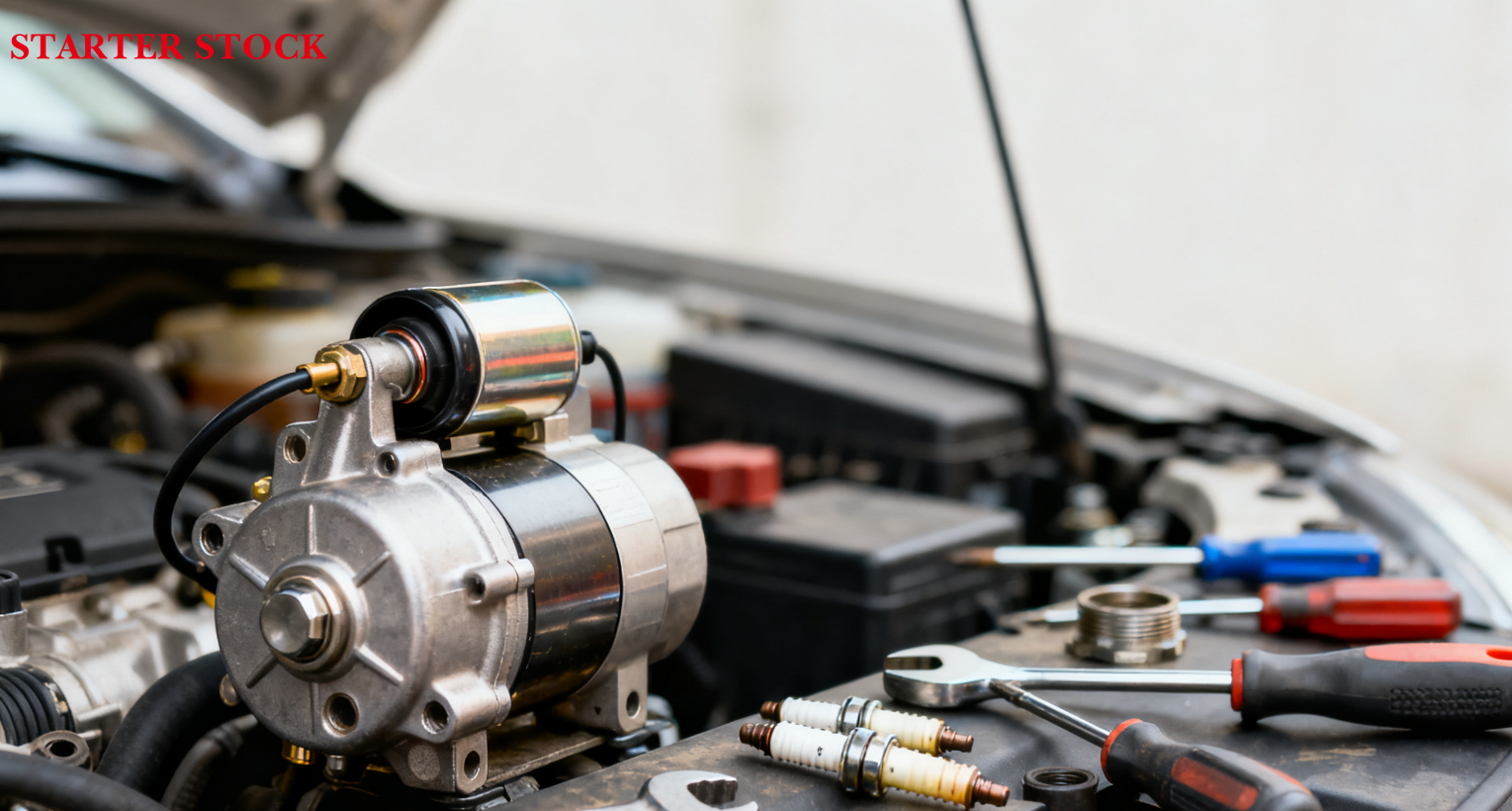
If the starter is visible and accessible from above or below with basic tools, DIY can save a lot. If it’s buried under the intake manifold, requires supporting the engine, or needs subframe removal — that’s a shop job unless you’ve got a lift and patience.
DIY checklist:
● Disconnect negative battery cable first.
● Use jack stands if you go under the car.
● Photograph connectors before you unplug.
● Keep bolts organized.
● Compare old and new starter carefully (mounting, terminals).
If you’re competent, you can save labor. If you’re not, a botched job can cost more than the shop would have.
How to save money (smart, not sketchy)
1. Diagnose first. Check battery, terminals, and fuses before buying a starter.
2. Get two quotes. One dealer, one independent. Compare part & labor breakdowns.
3. Consider remanufactured parts. Often the best value.
4. Ask about core fees. Know the refund process.
5. If DIY, buy a quality part from a reputable supplier. The cheapest mystery-starter online is not worth it.
Don’t let a mechanic gaslight you into buying parts you don’t need. Ask to see the old part and the tests.
Warranties & core charges
● Core charge: common for reman parts. You pay a refundable fee (e.g., $50–$100) that is returned when you hand in the old starter.
● Warranty: reman commonly 6–12 months; new OEM 1–3 years. Check if the shop covers labor on the warranty replacement.
Ask these questions before purchase to avoid surprise costs.
Final tips (because you’ll thank me later)
● If the starter “wakes up” with a tap, replace it soon. That trick is temporary.
● Clean battery terminals and engine grounds while the car is in the shop. That small step prevents repeat visits.
● If you hear grinding, get it fixed immediately to avoid flywheel damage — that’s an expensive follow-on.
● Keep receipts and part numbers. If something fails under warranty, these make life easier.
Final verdict
A starter motor is one of those parts that can be cheap and simple — or expensive and fiddly — depending on your car’s layout and the part you choose. For most people with common cars, expect $200–$600 installed. For luxury or awkward placements, expect more. Want a tighter estimate? Tell me the make, model, year, and I’ll give a realistic part range and likely labor hours you can quote to mechanics.
Either way: breathe. It’s fixable. It’s not the end of the world. And when you get in next time and your engine purrs like nothing happened, that little starter will have bought you another week (or five years) of freedom.




